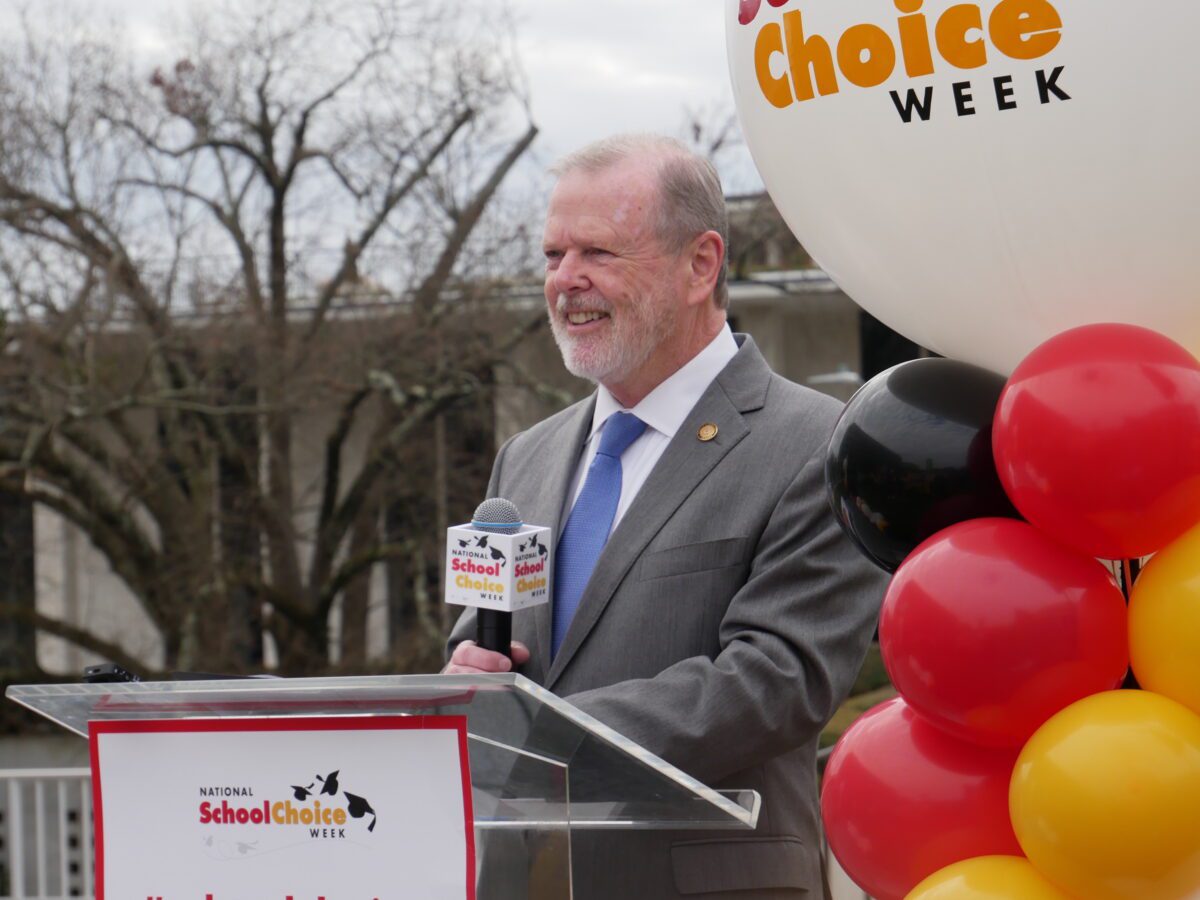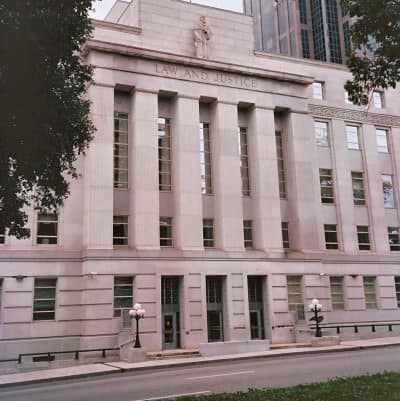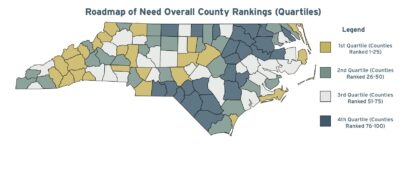
|
|
This was first published by the North Carolina Tribune.
It’s only July, but the intra-Republican battle between Senate leader Phil Berger and Rockingham County Sheriff Sam Page for Berger’s Senate seat in next spring’s party primary is already heating up.
You’ll recall that Page traveled to Raleigh last month to make himself seen and heard in the Great Shrimp Revolt, the successful fight against a Berger-supported Senate proposal to ban shrimp trawling in Pamlico Sound and other in-shore waters.
Berger’s campaign has wasted no time in banging back — and in framing the “school choice” issue as a key difference between the candidates.
The departure point for this is Page’s own campaign website, which says he believes school “vouchers should be targeted to families who need them most.”
That means “income caps on school voucher eligibility to help working families, not the wealthy,” and “policies to prevent private schools from inflating tuition due to vouchers.”
Page also favors “raising teacher starting pay to $50,000 to keep North Carolina competitive,” his website says.
Berger counters that he favors “universal school choice,” and says Page’s view means he’s against “the historic school choice reforms we’ve implemented.”
These significantly relaxed the means-testing of the state’s Opportunity Scholarship program, which subsidizes private schools across North Carolina.
This came at a cost. The still-operative budget for the 2023-25 biennium envisioned that from this fiscal year through to fiscal 2031-32, legislators will allot an extra $1.5 billion to the program.
Critics like former Gov. Roy Cooper have always argued that this is coming at the expense of the state’s public K-12 schools. That’s where the teacher-pay issue comes in.
Like all its neighboring states, North Carolina has allowed teacher pay to slide in real-dollar, inflation-adjusted terms.
The Reason Foundation — basically libertarian in outlook — reckons that the average real-money teacher salary dropped 12.1% between 2002 and 2020, to $54,100 and a level that ranked 47th in the country.
In advocating for a $50,000 starting salary, Page is more or less adopting House Republicans’ position on what the budget for the 2025-27 biennium should say.
The House has proposed a teacher salary scale that would would give new teachers without prior experience $4,800 a month in fiscal 2025-26 and $5,000 a month in 2026-27. Given a 10-month work schedule, the latter figure hits the $50,000/year mark.
By contrast, the Senate budget proposal would peg the new-teacher rate at $4,151 a month in both years of the biennium — $41,510 a year, in other words.
“We need to pay our public school teachers a competitive salary too, because they deserve it,” Page said via Twitter. “It doesn’t have to be one or the other, as Sen. Berger seems to believe.”
Recommended reading




